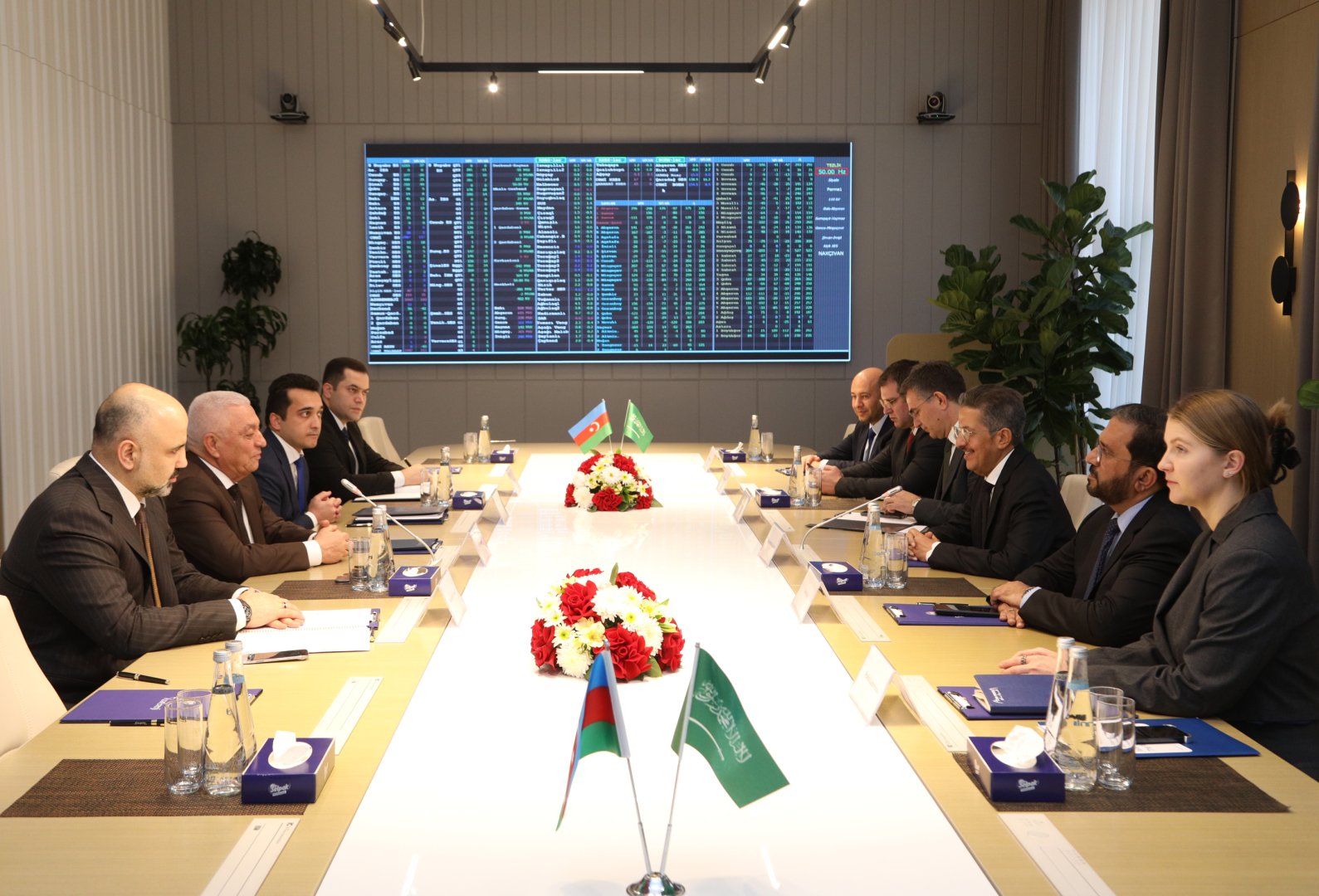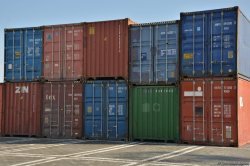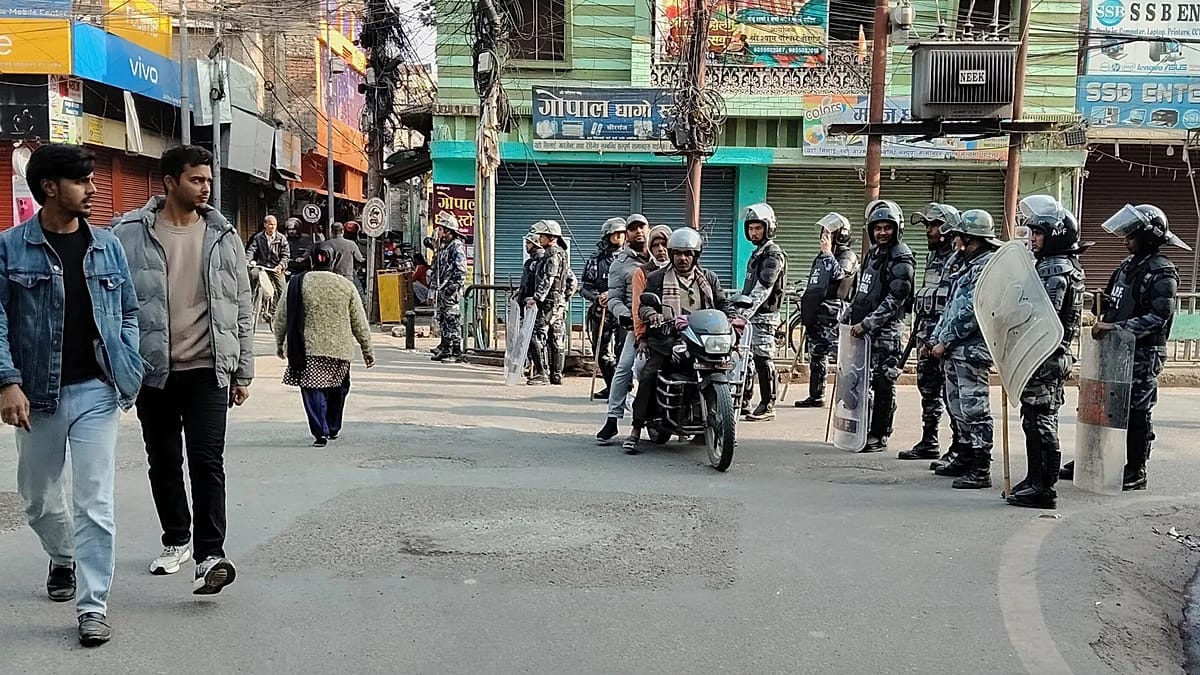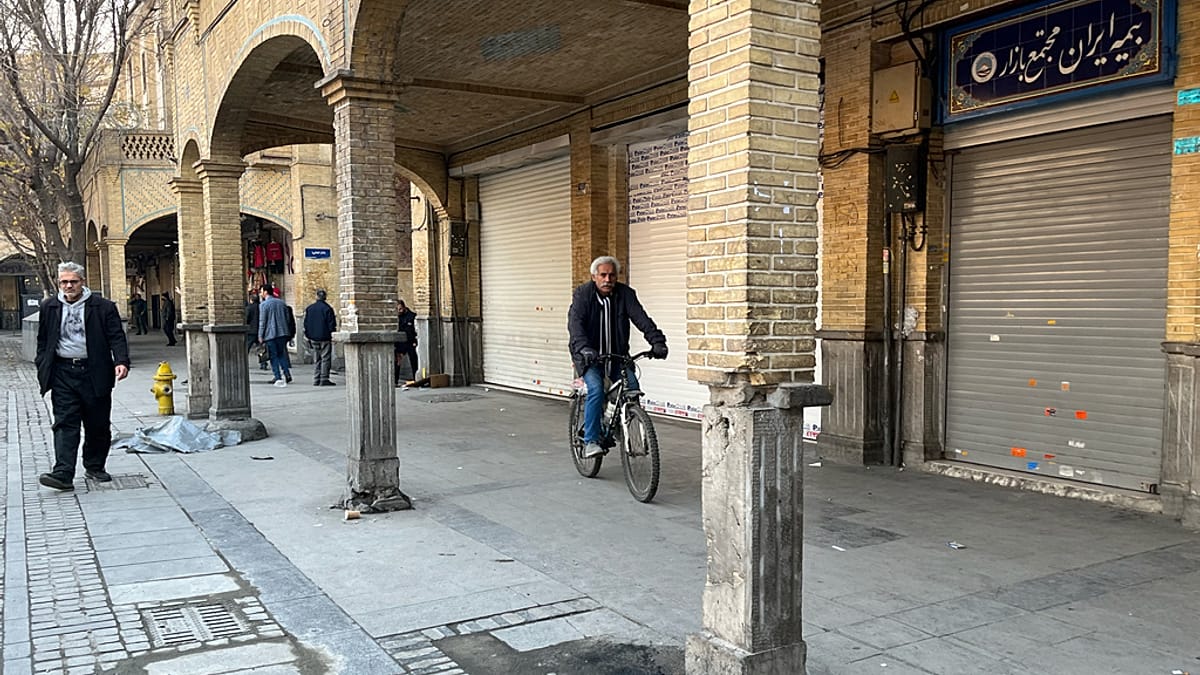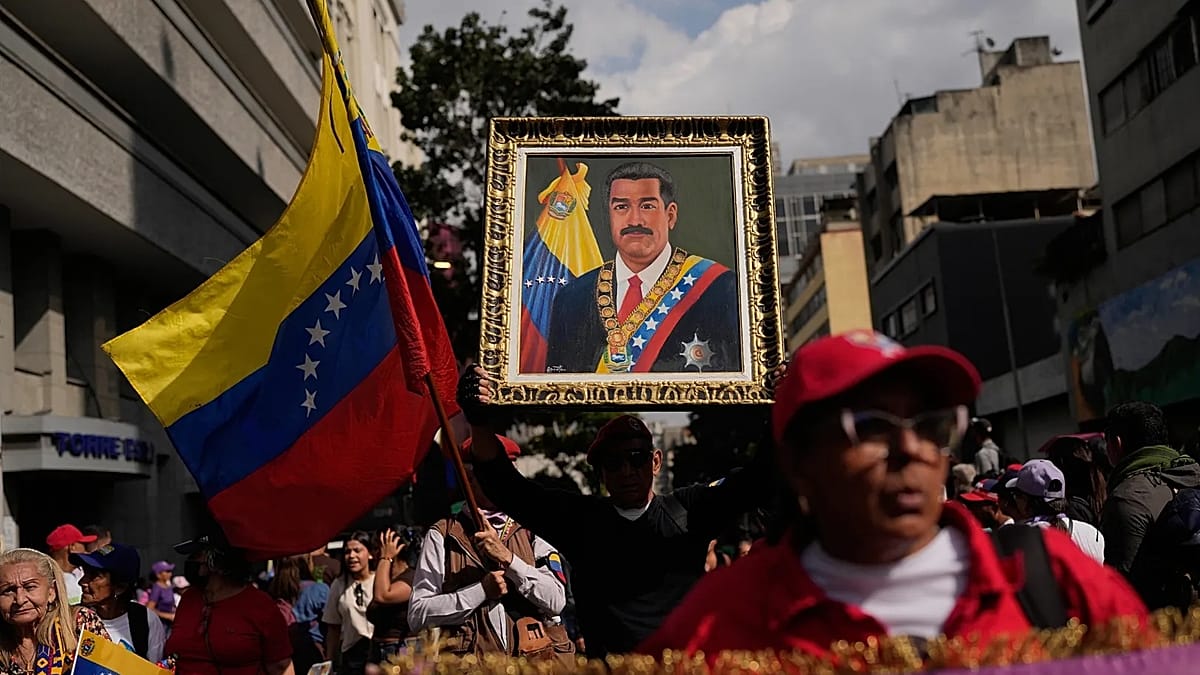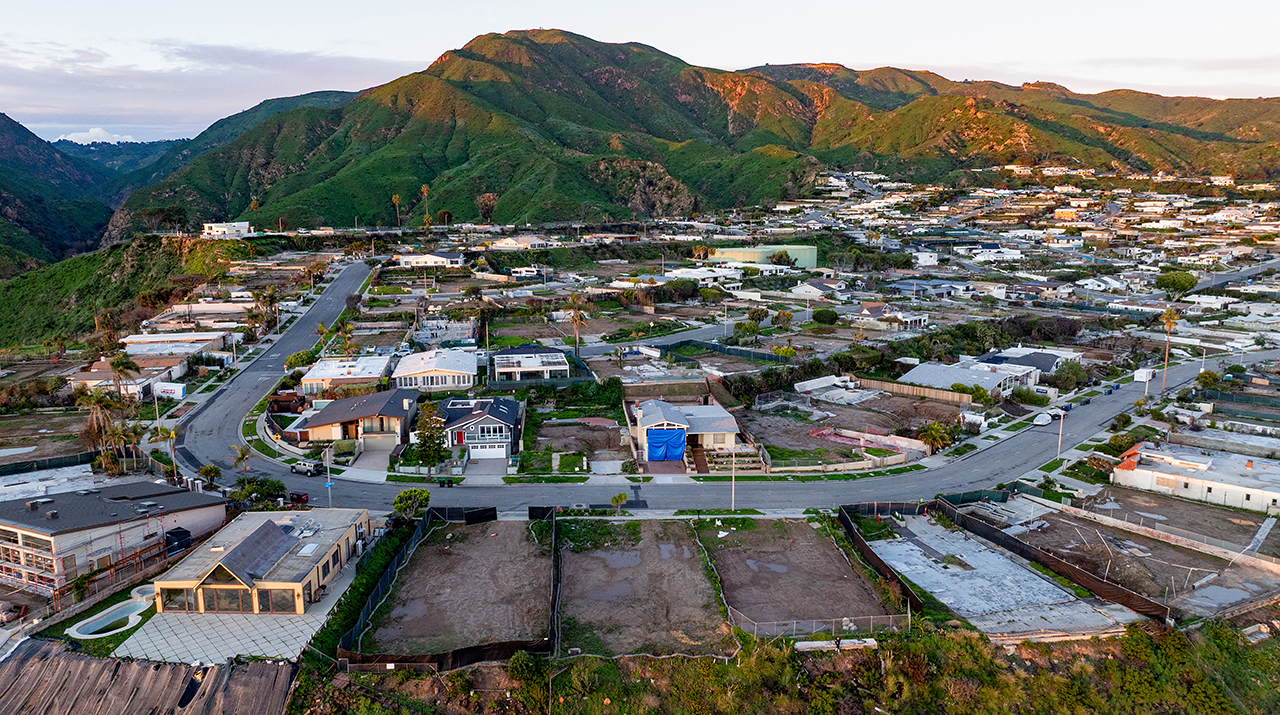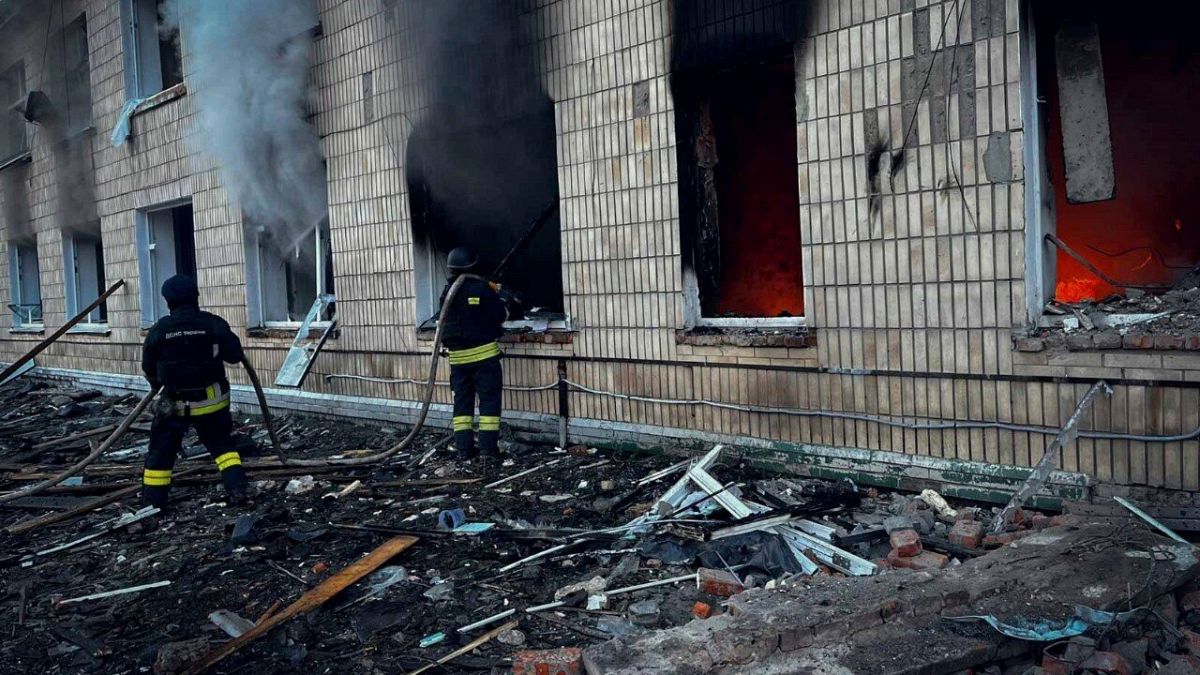Meeting with Commissioner Oliver Varhelyi

The Minister of Rural Development and Food, Kostas Tsiaras, met with the Commissioner responsible for Animal Health and Welfare, Oliver Varhelyi.
In a post on “X”, Minister Kostas Tsiaras, who was in Brussels for the EU Agriculture and Fisheries Council, stated the following: “Today I had a constructive exchange of views with Commissioner Varhelyi regarding health and welfare issues for animals. We emphasized that all decisions should be firmly based on comprehensive scientific evidence. We also agreed on the importance of enhancing monitoring, prevention, and rapid response through all necessary measures.”
K. Tsiaras: Greece opposed to mandatory national co-financing of the CAP
The refusal of Greece to any scenario of mandatory national funding for the Common Agricultural Policy after 2027 was expressed by the Minister of Rural Development and Food, Kostas Tsiaras, from the Agriculture & Fisheries Council taking place in Brussels.
“Such an option would lead to serious inequalities between member states and would undermine the unified nature of the CAP,” said Mr. Tsiaras, stating that the national position is that “we want a strong CAP, with a sufficient budget, without re-nationalization, that will keep rural areas alive and guarantee food security for all.”
He recognized the European Commission’s proposals for supporting protein crops, better organization of sectoral interventions, and the Union’s school program, which connects healthy eating with the support of small producers, as positive.
The Minister of Rural Development and Food emphasized that simplifying the Common Fisheries Policy is a prerequisite for making it more functional and closer to the actual needs of the sector. According to him, our country is already implementing digital tools in licensing and electronic recording of catches; however, he warned that measures such as satellite monitoring of very small vessels create disproportionate costs without substantial benefits.
He requested that multiannual plans be based on reliable scientific data and be adapted to the realities of small-scale coastal fishing, “the backbone of the Greek fleet and support for island communities.” He also made particular reference to the overfishing of fishermen from third countries and the Greek protected marine areas.
Regarding African swine fever, the Greek minister expressed Greece’s solidarity with Estonia and the member states affected by African swine fever, highlighting the serious impacts of the disease on pork production, food security, and the agri-food chain. Connecting Greece’s experience with the epizootic of sheep and goat pox, he highlighted the burden borne by producers and local communities.
Regarding the release rule in the CAP Strategic Plans, the Minister emphasized that investments in rural development are long-term and require more time, especially at a time when farmers are being tested by the war in Ukraine, the energy crisis, and natural disasters.
As he stated, supporting the proposal to return to the release rule N+3 (instead of N+2), such a change “will provide the necessary flexibility to member states, allow for better utilization of available resources, and enhance the effectiveness of the CAP Strategic Plans.”
Finally, as noted by the Ministry of Rural Development and Food in a statement, Mr. Tsiaras co-chaired with Finnish Minister Sari Essayah the preparatory meeting of the European People’s Party (EPP), which took place in the presence of the Commissioner for Agriculture and Food, Christopher Hansen.
The discussions focused on the Multiannual Financial Framework (MFF), with Ministers reaffirming the fundamental importance of the Common Agricultural Policy (CAP) for food security, economic resilience and competitiveness, adherence to high standards, environmental sustainability, and the protection of the social fabric of rural areas.
As they emphasized, adequate funding, grounded in a strong European policy, is critical for ensuring the strategic interests of the EU in food production and they also highlighted the need to protect farmers’ incomes, with direct payments remaining the cornerstone of stability in the sector, while recognizing that reducing bureaucracy for producers is an urgent priority. (23/9/25)


